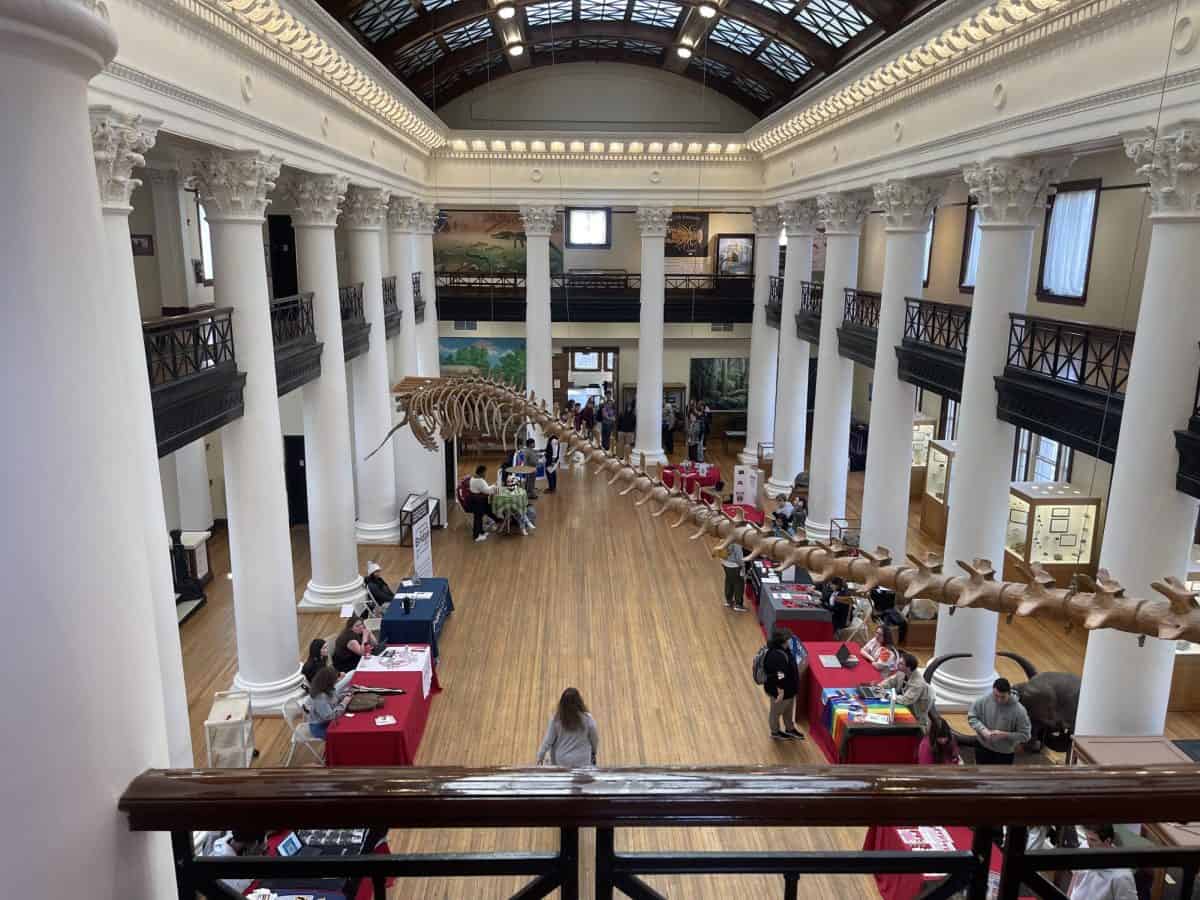For the second time in University history, Legacy Scholars hosted over 20 organizations at an informational fair for first-generation students Thursday. Students visited the second floor of Smith Hall, where panelists offered information about various campus resources available for first-generation students.
Legacy Scholars is a program operated by The University of Alabama designed to help first-generation students build community and succeed academically.
Organizations at the fair included the Center for Service and Leadership, the College of Arts and Sciences’ experiential learning programs, and University Programs.
The CSL offers several opportunities for students to build leadership skills and get involved in service projects throughout Tuscaloosa.
“I think going out and serving in the community with like-minded people is a really cool way for first-gen students to get connected,” said Dalis Lampkins, a political science doctoral student paneling with the CSL.
“We want to reach out to as many students as possible, especially first-gen students,” Anna Ziuzina, the coordinator of undergraduate research for the College of Arts and Sciences, said. Ziuzina tabled for the College of Arts and Sciences’ experiential learning programs, which offers students hands-on work and project experiences designed to supplement their in-class education.
Ziuzina added that representatives for experiential learning programs participated in the event because first-generation students typically lack the resources of students whose parents graduated college.
University Programs, a student-led organization that regularly hosts free events for students, also tabled at the event.
UP events can be important for first-generation students, who often face difficulties getting connected on campus, said JeTori Samples, a senior majoring in hospitality management who tabled with UP.
In addition to the fair, Legacy Scholars offers multiple ways for first-generation students to develop themselves academically, including monthly community dinners; one-on-one mentorship with peers, faculty and staff; workshops; and scholarships.
Isaiah Thomas, a first-generation junior majoring in management, emphasized the importance of representing the first-generation community. “There’s so many organizations interested and invested in first-generation [students],” Thomas said.









